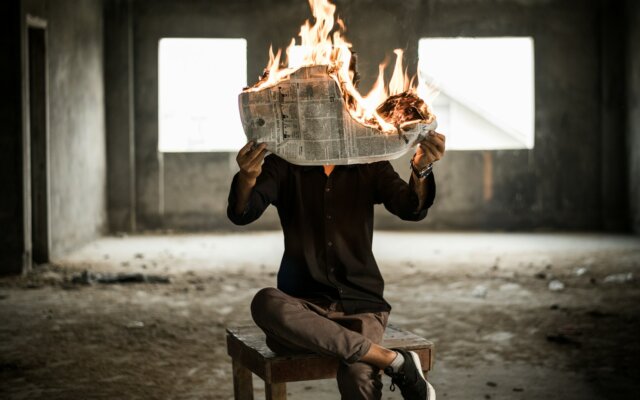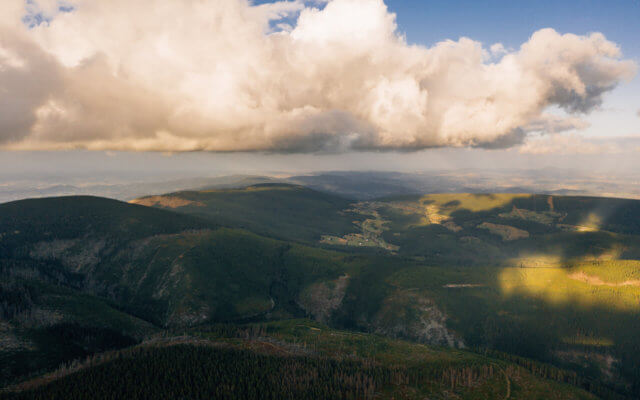Programme: Europe for Citizens, Strand 1 “European Remembrance”, Kick-off meeting of a multi-phase project
Venue: Brussels, Belgium
Dates: 17—20 February 2020
Participants: 1
Host organisation: ALPHABET FORMATION
Participating countries: EU Defence Network foresees the participation of 18 EU countries.
Please read the info-pack of this long-term project, info-pack for this kick-off meeting & daily activities schedule of this kick-off meeting. This long-term multi-phase project will consist of these phases:
International Meetings:
17 – 20 February: Bruxelles (Belgium)
4- 8 May: Bucarest (Romania)
8- 11 June: Budapest (Hungary)
12- 15 October: Sofia (Bulgaria)
22 – 25 February: Bruxelles (Belgium)
Project report from kick off meeting:
Project „DEBATING THE FUTURE OF EUROPE AND CHALLENGING EUROSCEPTICISM: A JOURNEY INTO MEDIA LITERACY TO FIGHT EUROSCEPTIC NARRATIVES” is part of more phases program called Europe for Citizens. Kick off meeting of this long term project happened from 17. till 20 February 2020 in the cradle of the European Union institutions, Brussels.
The project was attended by over 20 people from countries that are long-standing members of the European Union, but also from countries that are yet to be admitted (eg Georgia, Albania or Northern Macedonia). This made the whole project much more interesting. Organizer non-profit organization of this project – Alphabet Formation (ABF), is based in Brussels. The aim of this first mobility was to look under the lid of the European Institutions and to find out how the individual institutions deal with Eurosceptic issues and what authorities are specifically for these debates.
During the first day, all non-profit organizations were presented their NGO’s and the objectives of this long-term project.. After the presentation there was a pleasant networking and moved to the European Commission. There we were faced with a visit by a multinational body which is independent of the member states and aims to defend the interests of the Union. In addition to the tour, we gave two lectures with Commission staff on how the Commission participates in individual EU policies. In addition, we debated the individual institutions. Also their tasks in conclusion, evaluated the EU’s concrete achievements and lessons learned from history. During the evening we visited a typical Belgian restaurant and together we evaluated and debated how the countries we came from in recent years are approaching the EU.
The next day we went to the European Parliament. Our guide gave us an explanation about the building itself and the sessions and let us soak up the atmosphere of an empty meeting room for all member countries. We spent the afternoon visiting the House of European History, where we had a chance to look at the most important milestones of the EU. I definitely recommend to visit this museum with a guide. Although it is a modern equipped building, where you will not find long labels of exhibits (instead of the tablets), it is certainly nice to have a space for discussion details of historically significant moments, which caused the emergence of today’s form of the EU. Thanks to the fact that the project brought together a really diverse group. The visit to the museum was really unforgettable. The openness of the participants also led to interesting debates about 1989 and the accession of our countries to the EU. During the dinner we continued with discussions. The conclusion of each participant is the output in the form of photographs, reports and information about this long-term project. The second meeting will be postponed instead of the original March to May, but the goal remains the same. As opinions on the perception of individual EU institutions are influenced by the media literacy of individual countries, this is the topic of the second meeting in Bucharest.
Finally, I would like to thank EYCB, who helped me to participate in this long-term project, which allowed me to be part of such a great group of people while thinking deeply about Euroscepticism.
Adéla Kalusová
—
“This project has been funded with support from the European Commission.”
“This publication [communication] reflects the views only of the author, and the Commission cannot be held responsible for any use which may be made of the information contained therein.”


